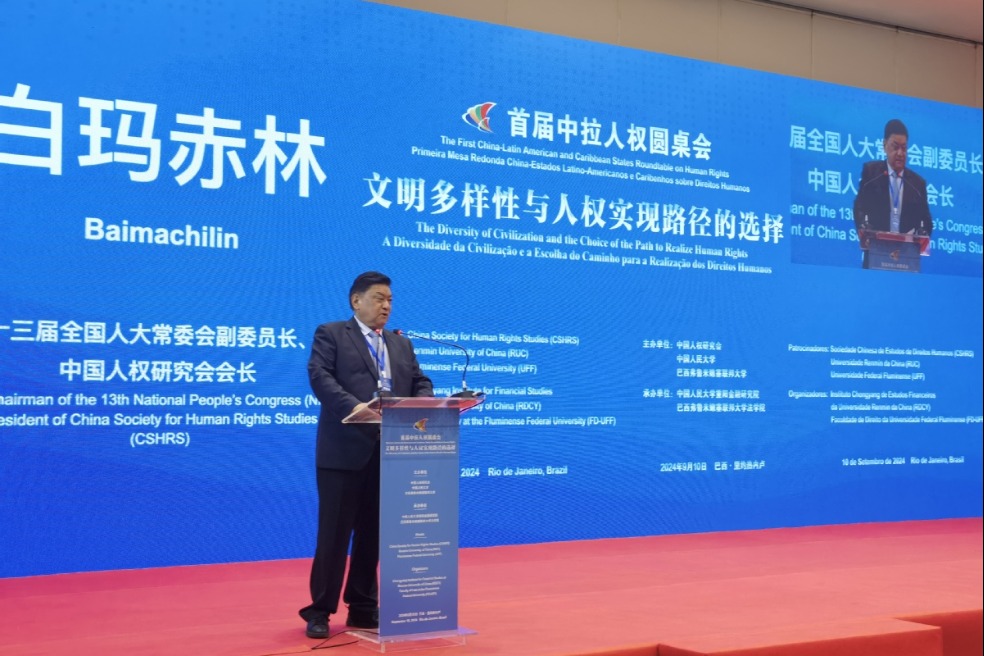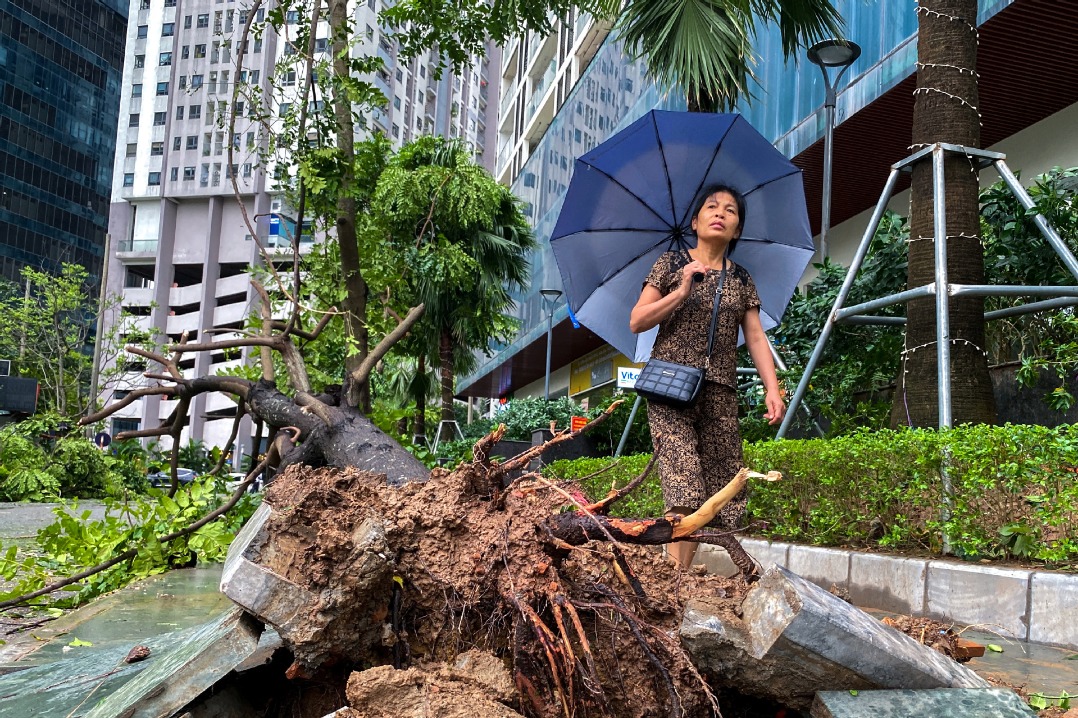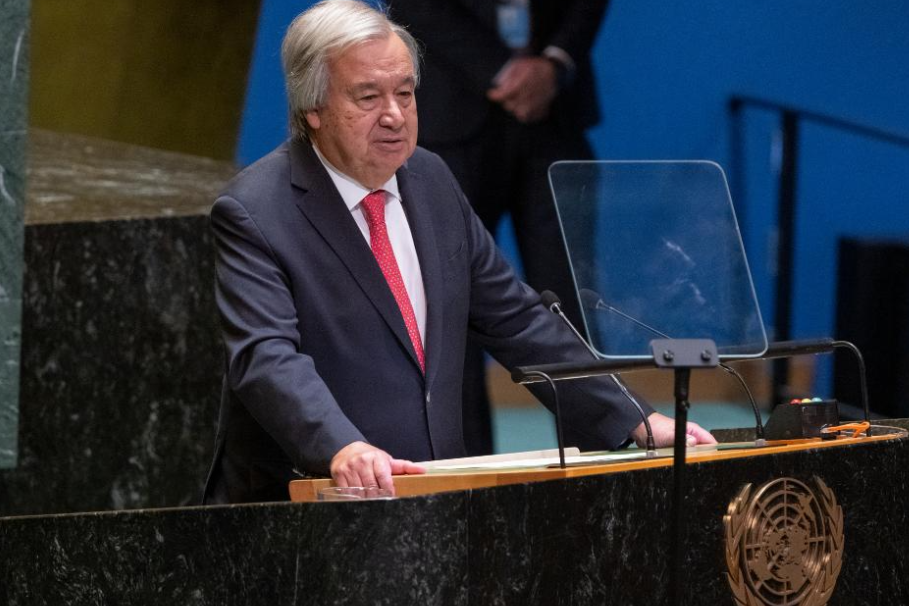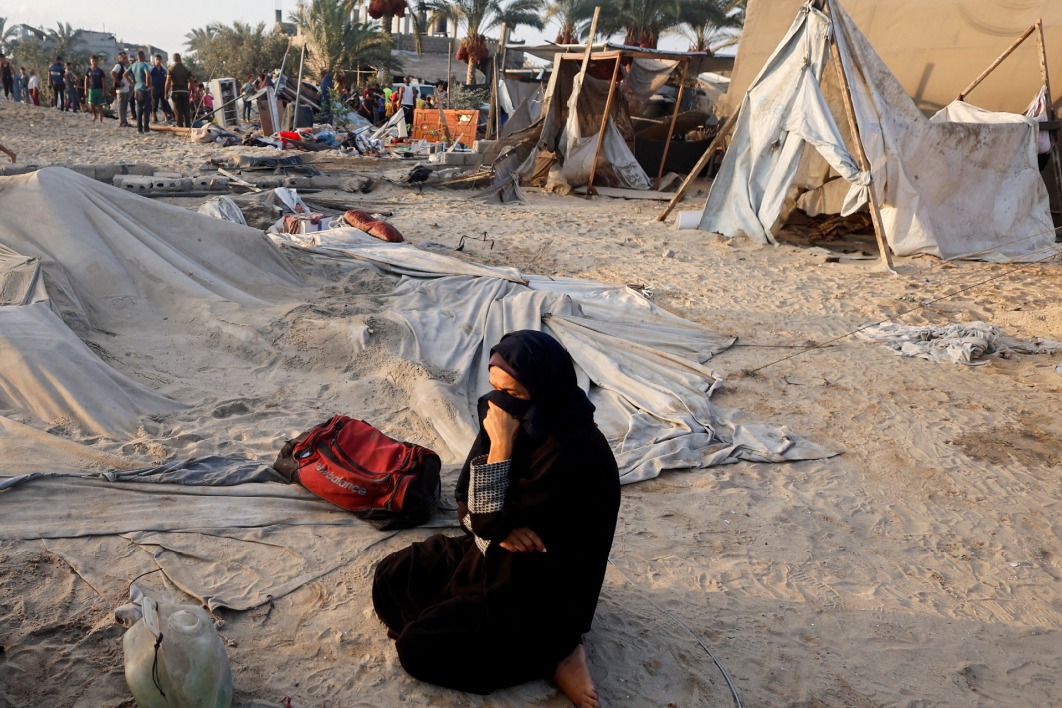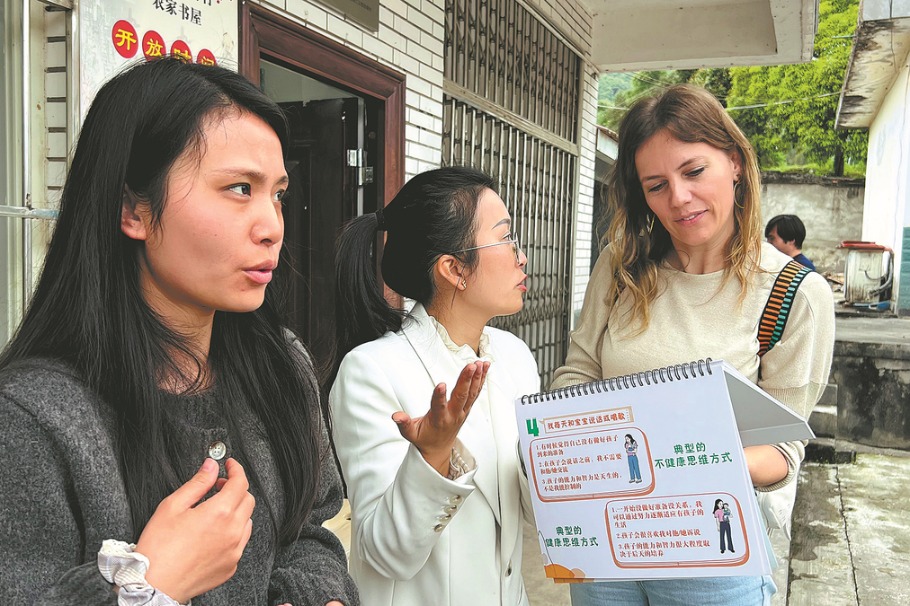China, Latin America work to advance global human rights


China has consistently upheld a people-centered perspective on human rights, respecting the principal position of the people, according to Baimachilin, vice-chairman of the 13th Standing Committee of the National People's Congress and president of the China Society for Human Rights Studies.
Baimachilin spoke at the inaugural China-Latin America and Caribbeans States (LAC) Roundtable on Human Rights in Brazil on Tuesday, which marked the first such institutional exchange and seminar between China and Latin America and the Caribbean.
The roundtable, themed "Diversity of Civilizations and Pathways to Realize Human Rights", drew senior officials and experts from 17 countries — China, Brazil, Argentina, the Bahamas, Bolivia, Chile, Cuba, Dominica, Ecuador, Grenada, Mexico, Panama, Paraguay, Peru, Trinidad and Tobago, Uruguay, and Venezuela.
He outlined China's commitment to advancing human rights through development, citing the country's large-scale education, healthcare and social security systems.
"Guided by the people's aspirations for a better life, China's human rights development aims to achieve common prosperity for all and advancing higher levels of human rights protection through high-quality development," said Baimachilin.
With improvements in environmental quality and an increase in life expectancy to 78.6 years, the quality of life for the Chinese people has significantly improved. Additionally, China is advancing whole-process people's democracy, turning democratic values into effective institutional arrangements and concrete practices.
Baimachilin said China's goal is to "ensure that people feel fairness and justice in every law enforcement decision and judicial case".
He stressed China's commitment to ensuring equal rights for all, with a particular focus on the protection and support of vulnerable groups, including ethnic minorities, women, children, the elderly, and people with disabilities.
He cited China's success at the Paris 2024 Paralympic Games, where Chinese athletes won 220 medals, including 94 gold, as a reflection of the nation's dedication to providing its 85 million citizens with disabilities equal opportunities for a fulfilling life.
Baimachilin, however, also warned that the world is facing growing instability, with rising antiglobalization sentiments, increasing unilateralism and protectionism, and more frequent local conflicts.
"Global human rights deficits are deepening, and the international human rights movement is facing severe challenges, with global human rights governance still a formidable task," he noted.
Baimachilin stressed the longstanding cooperation between China and Latin America, dating to the 16th century, which he said was a key avenue for mutual learning between civilizations.
Marking 50 years of diplomatic ties between China and Brazil, and similar long-standing relations with other Latin American countries, Baimachilin said that the partnership has yielded significant results.
"We have every reason to believe that as China-LAC relations continue to grow, our human rights exchanges and cooperation will become even more profound and fruitful," he added.
Officials and academics from China and Latin America underscored the importance of partnerships in addressing inequalities. They called on governments, organizations and individuals to engage in dialogue, build consensus, tackle global human rights challenges, and advance the progress of human rights worldwide.
Charles Peter David, former foreign minister of Grenada, detailed the benefits of China's investments in the Caribbean, particularly in Grenada, as catalysts for economic and social progress.
The partnership between China and the Caribbean is a compelling testament to how cooperative global efforts can profoundly enhance human rights and improve the lives of millions across the nations, according to David, who is also former agriculture minister of Grenada and deputy general secretary of the New National Party Grenada.
"It symbolizes mutual respect for the rule of law and a shared commitment to fostering economic, social and cultural development — ultimately, people-to-people development," David told the gathering.
He said that China's significant investments in Grenada and the wider Caribbean have played a crucial role in driving both economic and social progress. One key example is the Grenada National Stadium, built with a generous Chinese grant, which has become a vital hub for community engagement, sports and cultural activities.
"This facility reflects our shared commitment to improving quality of life through infrastructure," David said, noting that joint diplomatic efforts have amplified Caribbean voices on the global stage.
Zhu Qingqiao, the Chinese ambassador to Brazil, said that the promotion of human rights and exchanges between China and Latin America is entering a phase of significant opportunity.
China aims to drive high-quality development through new productive forces while improving human rights protections.
Similarly, Brazil and other Latin American nations are focused on eradicating hunger and poverty, with social fairness and justice as key governance goals. With more than 50 years of diplomatic relations between China and Brazil, both countries have worked together to benefit their people, according to Zhu.
"We should oppose the politicization, weaponization and selective use of human rights issues and promote the global governance of human rights toward a fairer, just, reasonable and inclusive direction," Zhu asserted.
Wang Yi, vice-president of Renmin University in China, one of the co-organizers of the event, emphasized that human rights development is a universal concern in human society, reflecting humanity's ongoing attempt to answer the philosophical question, ‘Who are we?'
He said that different countries and cultures should respect and appreciate one another and engage in meaningful dialogue to build consensus on human rights.
















